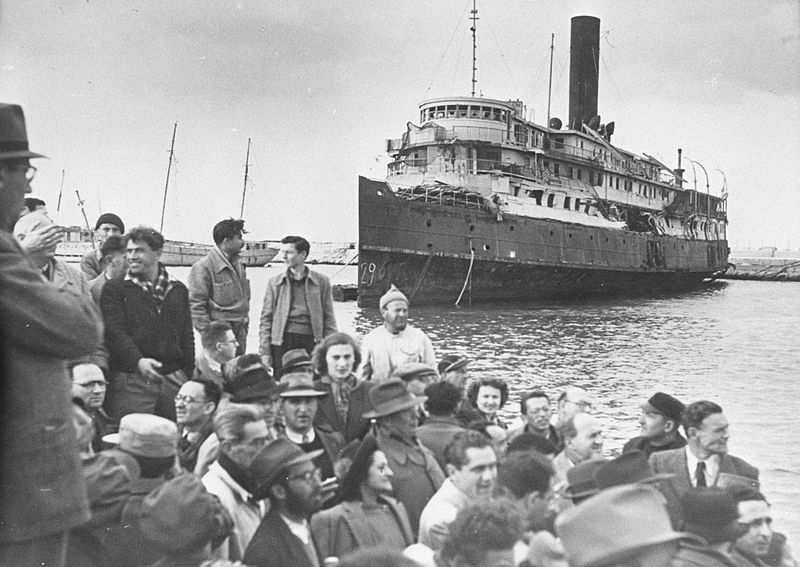This day in history: the adoption of the Law of Return
July 5, 1950, became a landmark date for the Jewish people and the State of Israel: on this day, the Knesset unanimously adopted the Law of Return, securing the right of every Jew to repatriate to Israel. Symbolically, the vote took place on the anniversary of the death of Theodor Herzl — the father of political Zionism and the herald of the Jewish state. This law became not only the legal basis for the return of Jews to their historical homeland but also the embodiment of the centuries-old dream of a national home.

The Essence of the Law of Return
The law proclaims the right of every Jew to make Aliyah — return to Israel and obtain citizenship. However, there are exceptions: citizenship is not granted to those actively acting against the Jewish people, threatening public safety, or trying to evade justice for committed crimes. The law became a cornerstone of Israeli identity, symbolizing the country’s openness to Jews from around the world.
Amendments to the law: 1954 and 1970
In 1954, the law was amended with technical clarifications related to the procedural aspects of repatriation. Specifically, the amendments addressed simplifying administrative processes for repatriates, including document processing and visa procedures. These changes were aimed at facilitating the integration of new citizens into Israeli society, which was especially important during the period of mass immigration following the state’s establishment.
More significant changes occurred in 1970. The amendment clarified the definition of Jewishness: a Jew is recognized as a person born to a Jewish mother and not converted to another religion, or who has converted to Judaism according to established rules. Moreover, the law extended the rights of repatriates to non-Jewish family members — spouses, children, and grandchildren of Jews, as well as their spouses.
As of today, the Law of Return defines the rights of Jews and their family members as follows (Article 4 Aleph):
The rights of a Jew according to this law, and the rights of a repatriate according to the “Citizenship Law (1952)”, as well as the rights of a repatriate in accordance with all other legislative acts, are also granted to a child and grandchild of a Jew, the spouse of a Jew, and the spouse of the children and grandchildren of a Jew; except for someone who was a Jew and voluntarily converted to another religion.
You can read the full text of the law in Russian on the official Knesset website: The Law of Return (1950).
The adoption of the Law of Return 75 years ago was not only a legal but also a moral obligation of Israel to the Jewish people. This law is a bridge between the past and the future, allowing Jews from all over the world to return home, regardless of challenges and circumstances.





